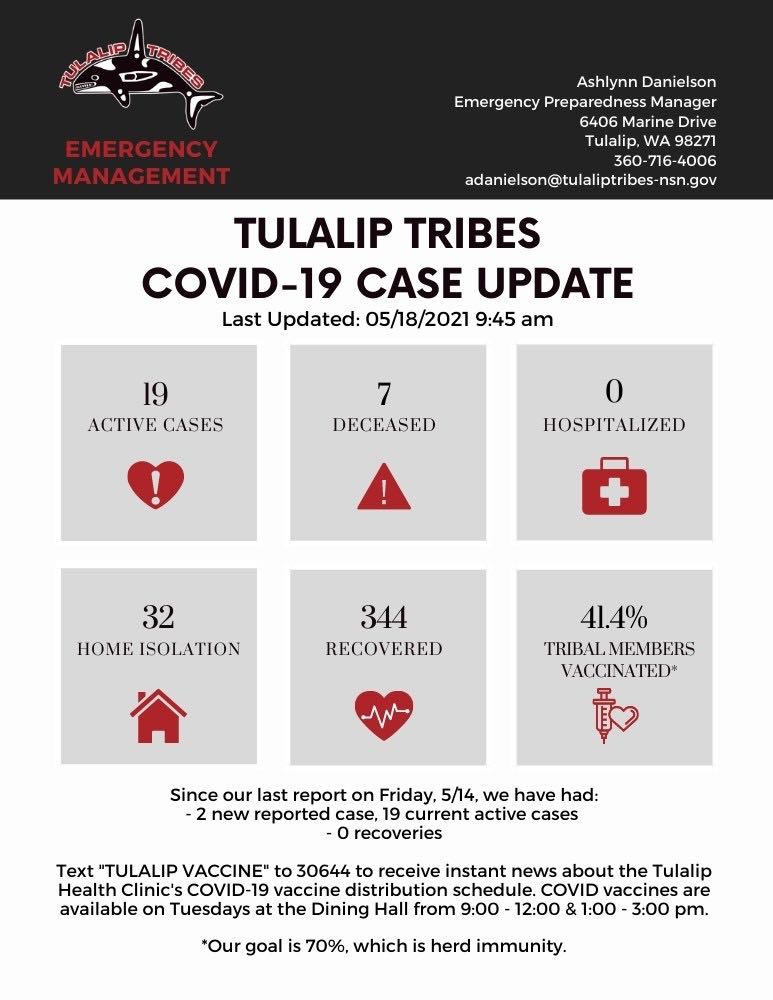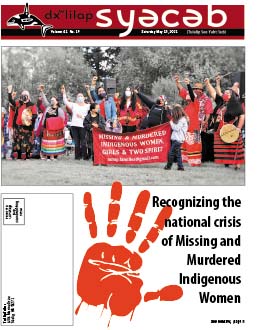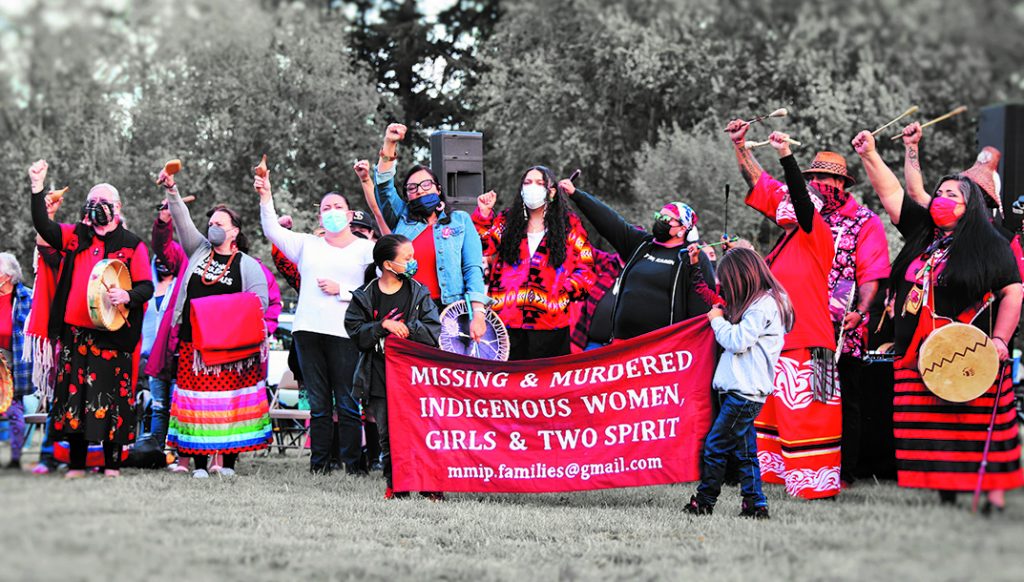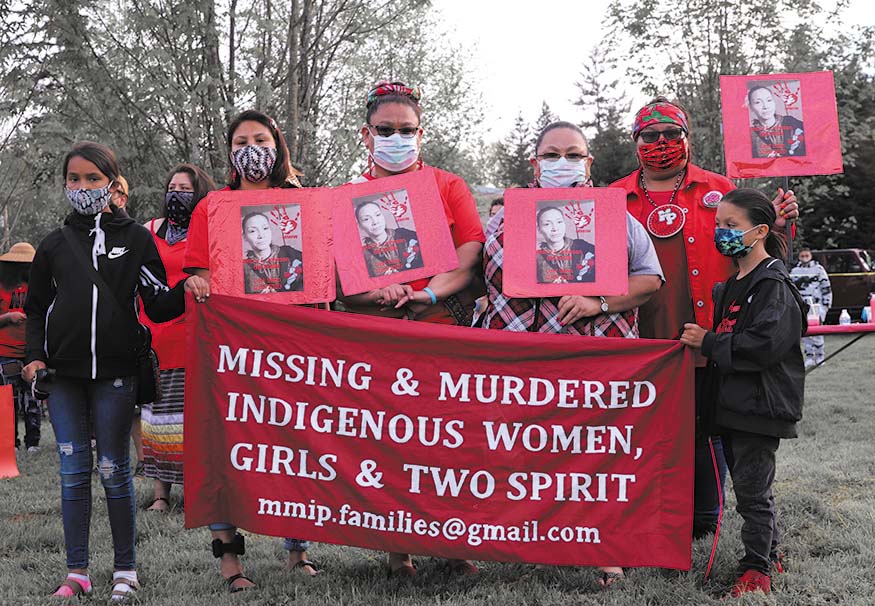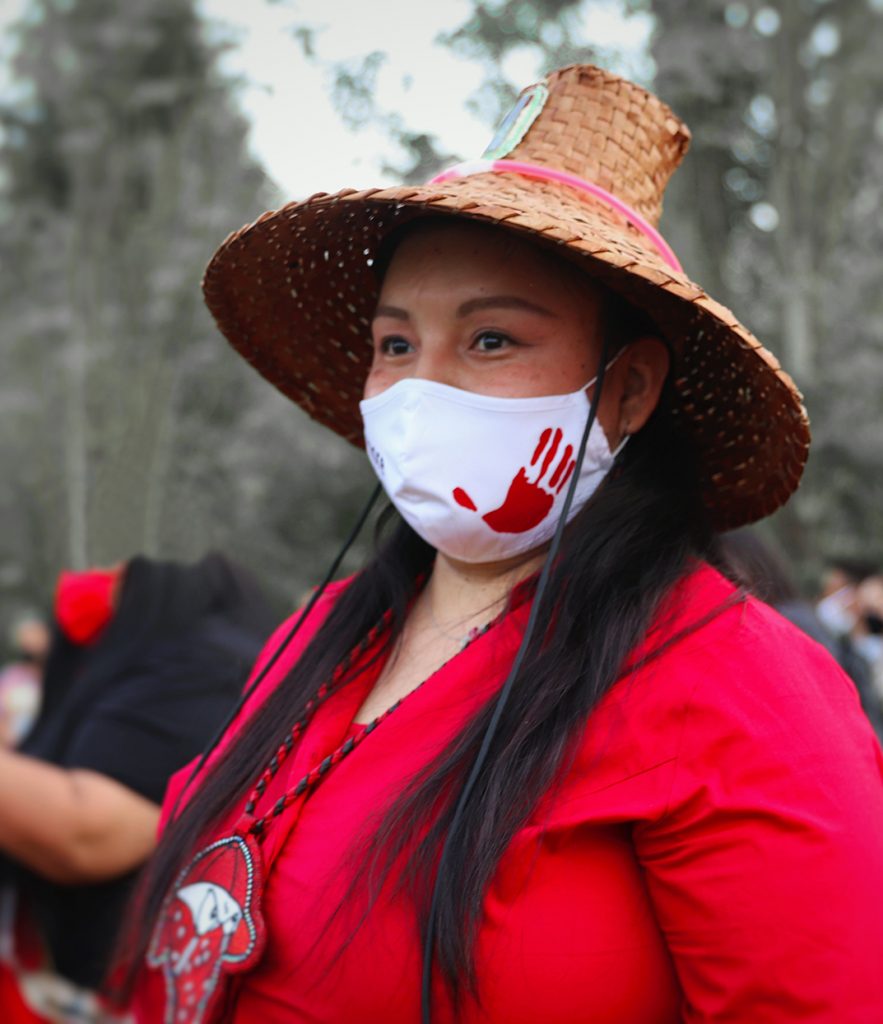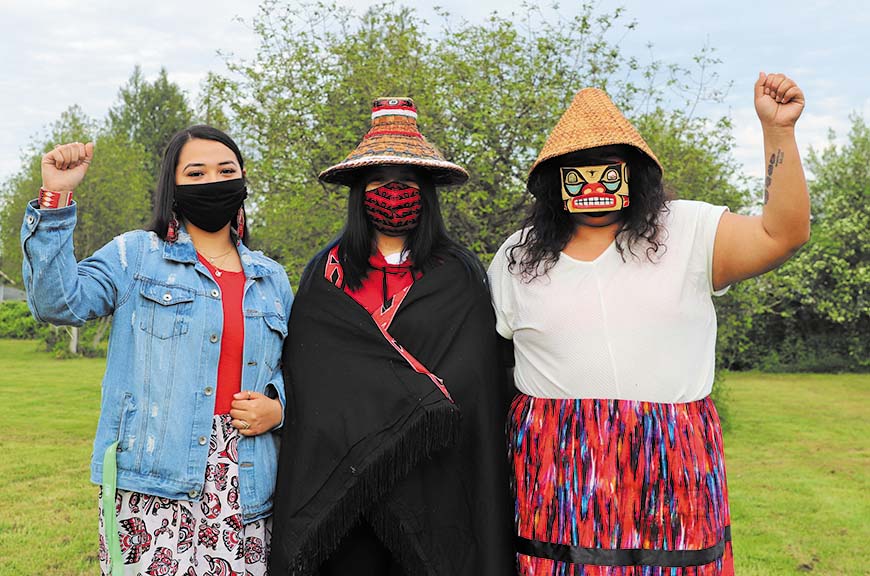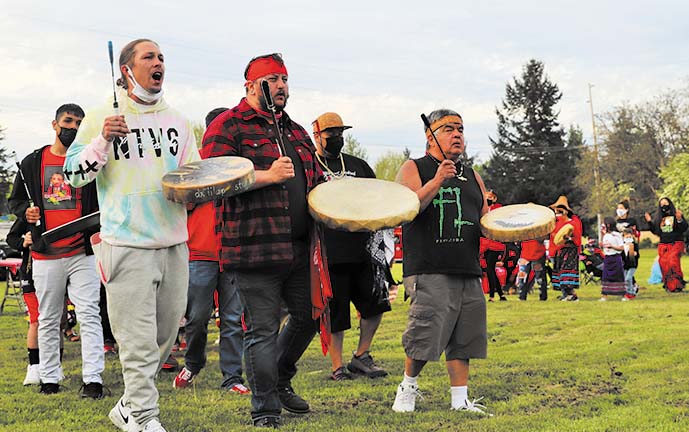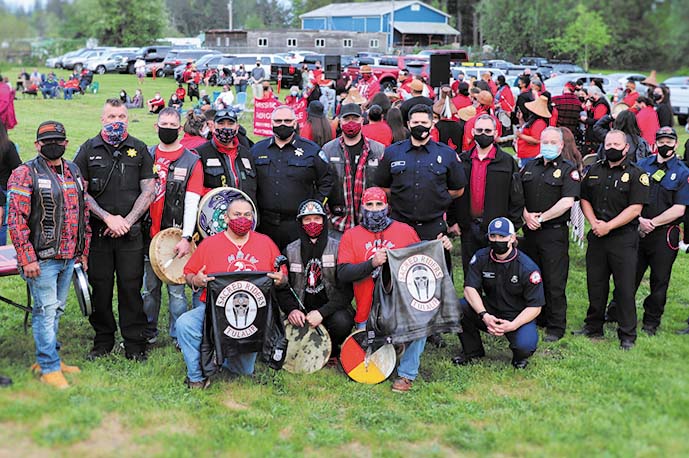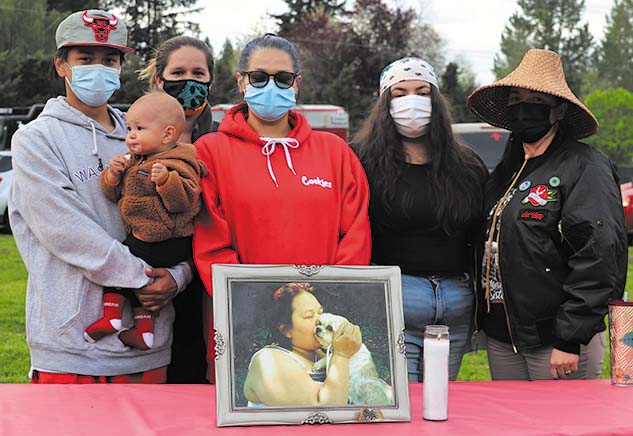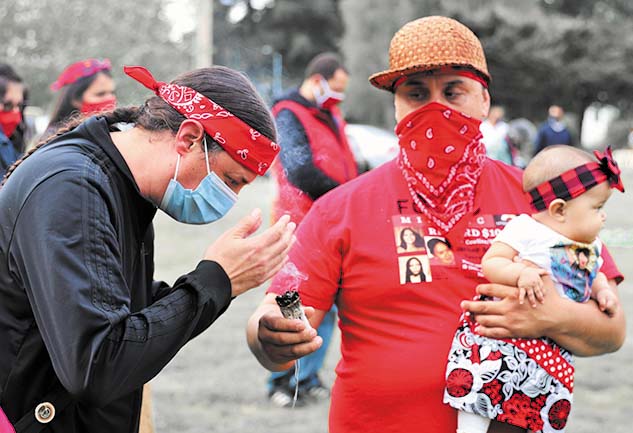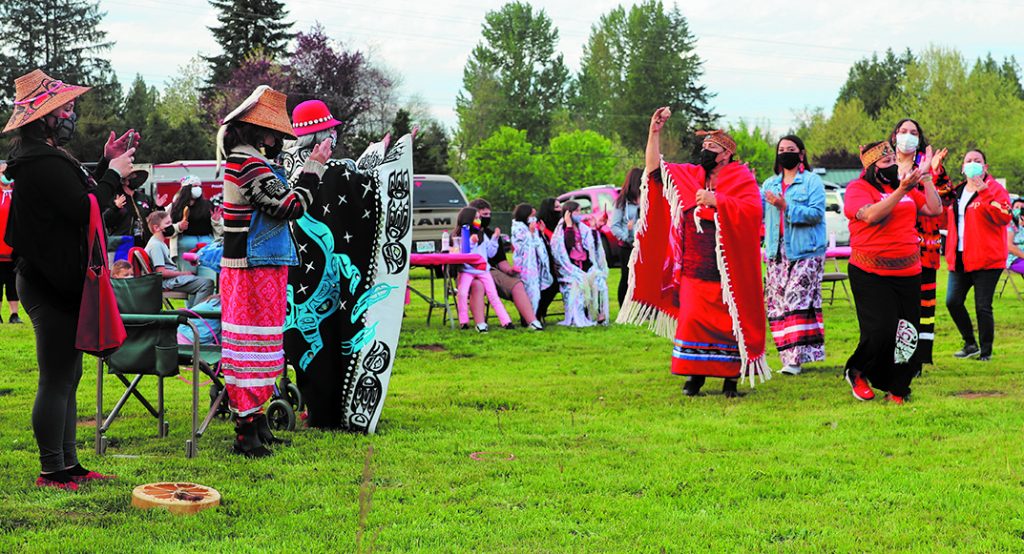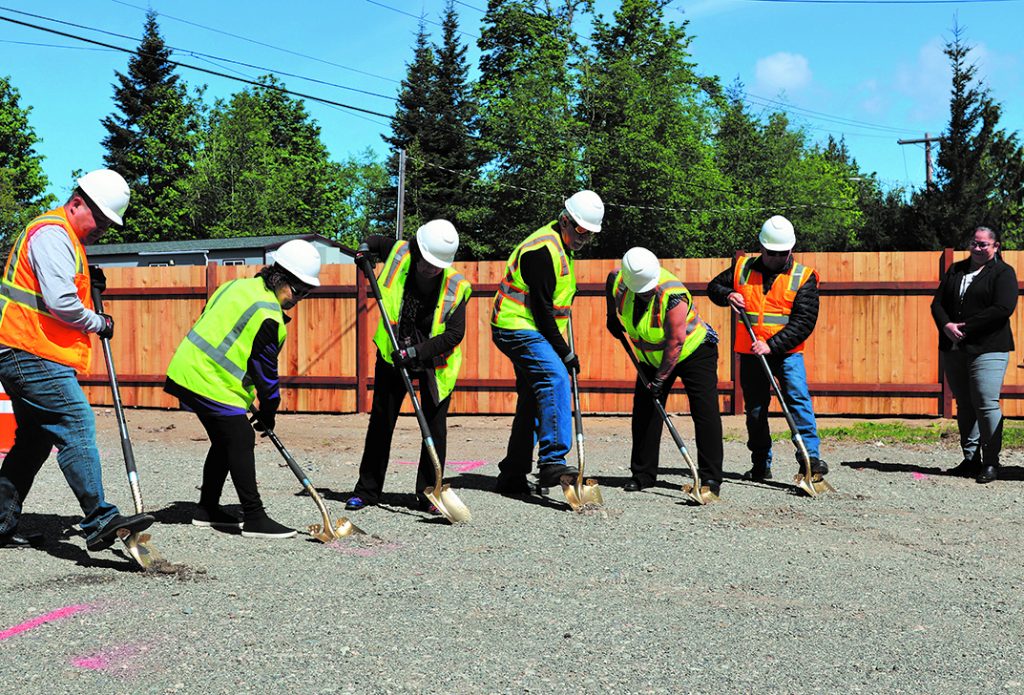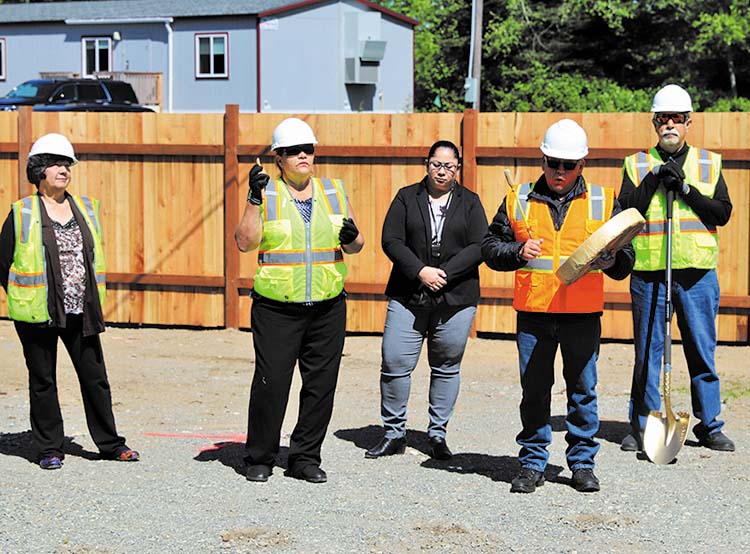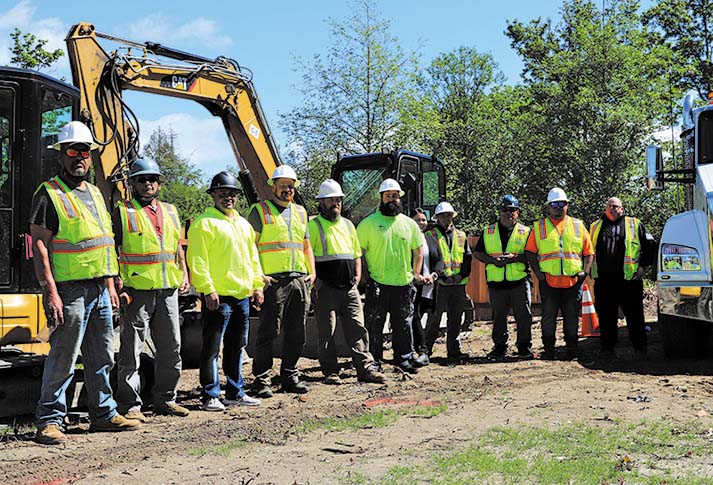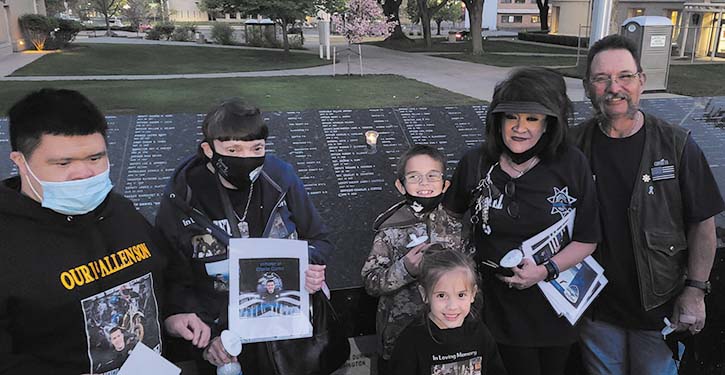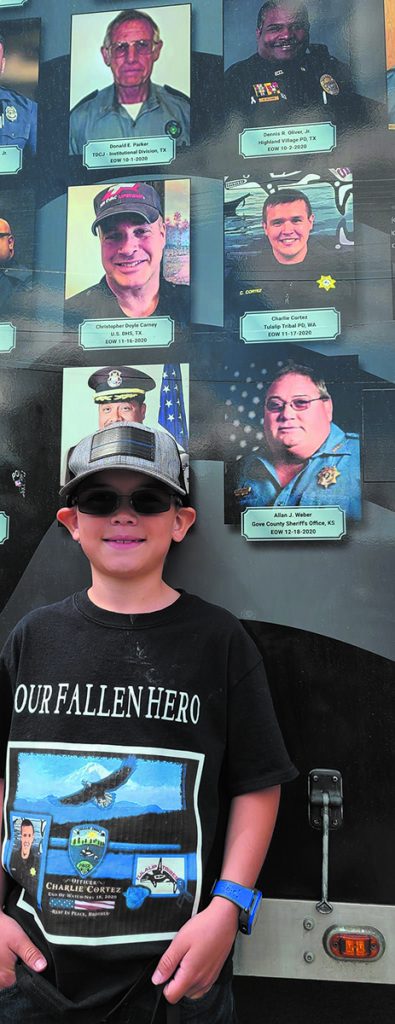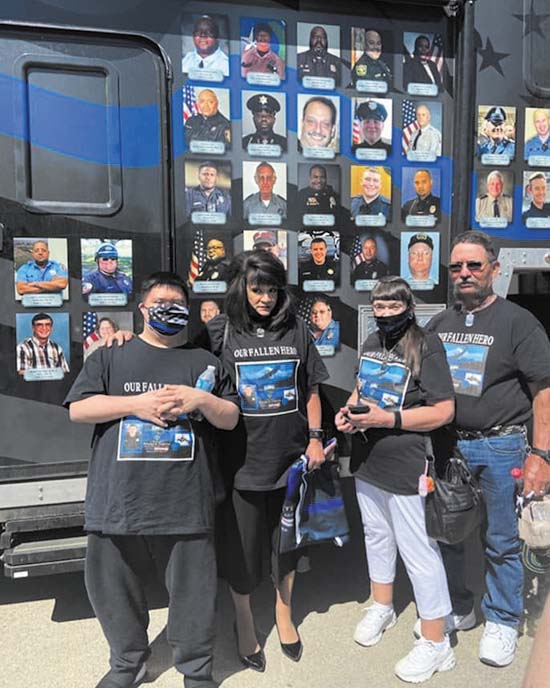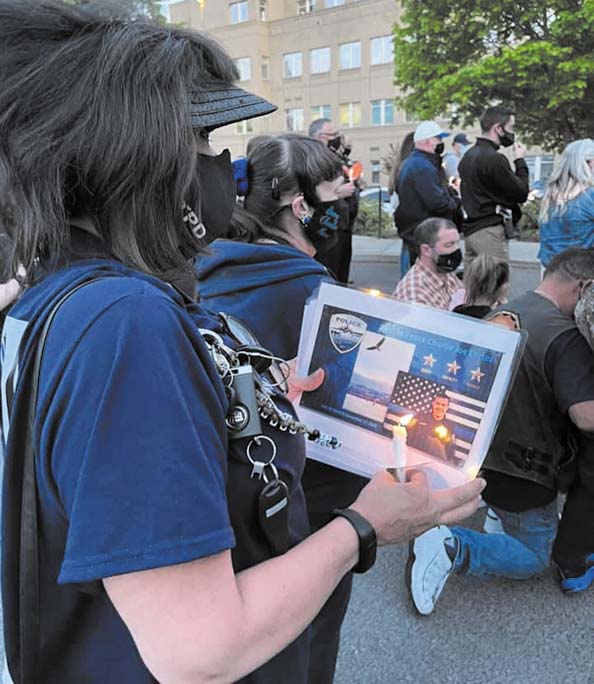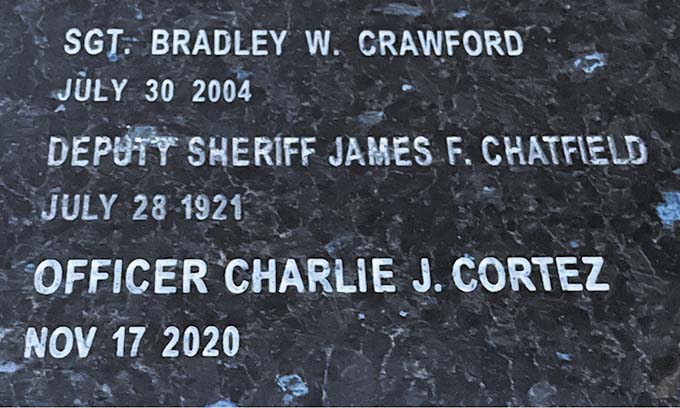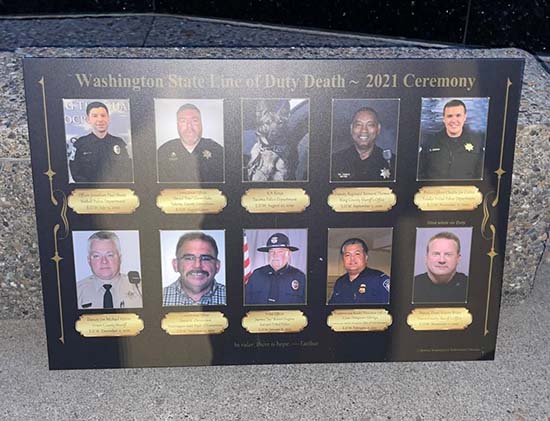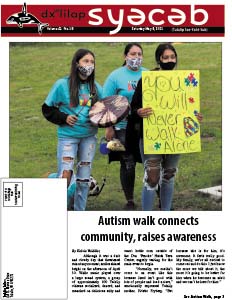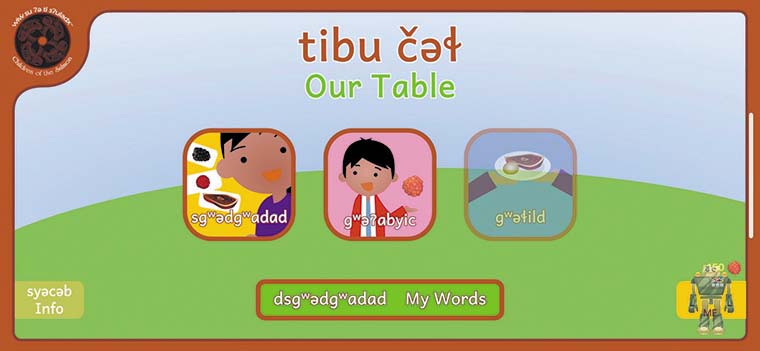
By Kalvin Valdillez, Tulalip News
Apps play a key role in today’s technology-led society. Whether you are catching up with your pals on social media, staying up-to-date on current world events and local news, killing time with addictive smart phone games, or listening to some good tunes, audiobooks or podcasts, as the now trademarked-by-Apple-saying goes, there’s an app for that.
In Tulalip, apps are important to the modern-day Indigenous business owner, artist, musician, and student. Tribal casino or government employees can easily swipe through a selection of apps to complete their everyday tasks, increase productivity, practice good communication skills by means of e-mails, text messaging, social media posts or Zoom meetings, and can even keep up with the latest community happenings by checking out Tulalip News on the Facebook app or the Tulalip TV app.
The youth of today are masters of technology. Learning how to navigate phones and tablets at a young age, kids are now utilizing apps to enhance their educational journey, and often use a number of apps to complete their school projects from research to creation to presentation. Apps are proving to be essential learning tools. A newly released app was created with the kids in mind, to engage the future generations of Tulalip with the traditional language of their ancestors in a fun, exciting and interactive way.
Now available, wherever you download your favorite apps, is a software application like none-other, known as Our Table. Brought to you by a collaboration between the Tulalip Lushootseed Language Department and the Betty J. Taylor Early Learning Academy, the app is set-up in a game-style format to teach Tulalip’s youngest generation the dialect of Lushootseed that was known throughout the Snohomish territory since time immemorial.
“Culturally, that’s one of the things that’s always been done,” explained Dave Sienko, Lushootseed Media Developer. “Things are done around the kitchen table, families get together and they talk and share. That’s kind of what the app is trying to convey.”
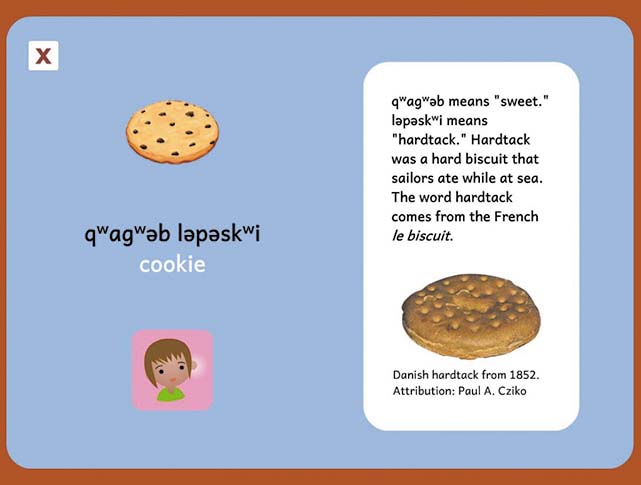
The first-of-its-kind language learning app, Our Table is centered around one of the major traditional lifeways of the Tulalip people, nourishment. Bringing ancient words and phrases into the modern world, the kids are not only able to hear the pronunciation of words like spiqʷuc (potato), biac (meat), qʷagʷəb ləpəskʷi (cookie), as well as many other tasty foods, they also learn the names of immediate family members such as tsi sk̓ʷuy (mother) and ti bad (father).
The object of the game is to share food with your family. At the start of the game, you choose two different foods and one family member. The family member then asks for one of the two items, and it is up to you to deliver the correct plate of food to the table.
“All too often we talk about our kids having too much screen time,” Dave stated. ”Most of the time, screen time is considered by oneself, but this app encourages the connections between family members; between grandparents and grandkids, parents and kids, siblings – just sharing the culture together.”
By learning the Lushootseed word for each of relative, the kids can ask a member of their family to play along in the app’s two-player ‘Talk to Your Partner’ mode, where they can properly address the other player and share the correct food item that they are requesting – entirely in Lushootseed. You are rewarded one star for every correct food item that is shared and once you reach ten stars, you unlock a hidden-bonus-round where you command your character to collect as many berries as fast as they can and place them in a cedar-woven basket.
Said Dave, “That was one of the things that was the primary focus of the app, make it very interactive and fun so it’s not just a click-and-listen. You physically need to do something, drag items here and there, and you need to do it correctly, that’s how you get points. It has a reward element to it too, especially for the younger kids, but it’s fun for all ages, you hear the fun, light music and you have to get the different berries. That’s one of the things that’s fantastic about the app is that yeah, you’re getting the different berries, but it’s also telling you what type of berries they are as an award, whether that’s t̕aqa (salalberry) or stəgʷad (salmonberry).”
This recent app development is just the latest endeavor from the two programs who have collaborated many times in the past to ensure the kids are hearing and learning the vernacular of their people. The academy invited the Lushootseed Language Warriors into their classrooms to share words, songs and stories with the students on a regular basis, in what is known as the academy’s Language Immersion Curriculum. The kids become familiarized with the verb-based language at a young age, and can further build upon that foundation throughout their entire educational experience.
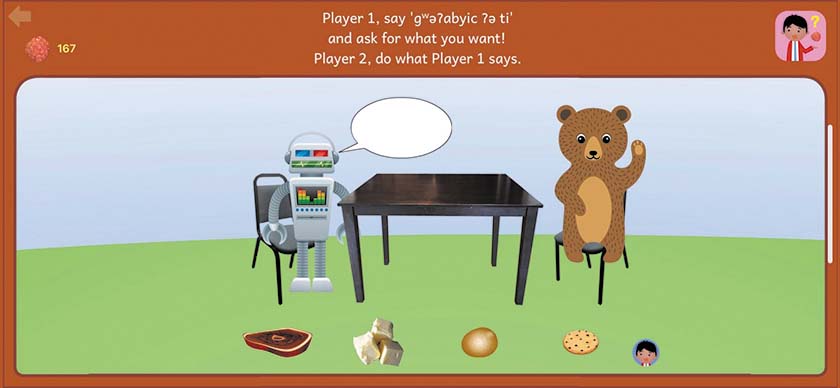
“I believe that our children need to know from the youngest ages who they are,” said Betty J. Taylor Early Learning Academy Director, Sheryl Fryberg. “Research says, if they are totally connected to who they are as birth to five children, they’re going to be more successful in their lifetime because they have that solid sense of self. We really want to build that connection between our language and culture. We want to share that value; I think that the Lushootseed Department does a great job of sharing that value. We want our families to have an opportunity to learn Lushootseed too, with our kids.”
The app was officially released on Google Play (previously the Android Market) in September of 2020 and on the Apple App Store in February of this year. Dave explained that the app took over a year-and-a-half to create and would’ve been here sooner, had it not been for the challenges presented by the global pandemic. However, he assures that this is just the start of Our Table and hopes to routinely update the app and add on additional features and realms outside of the kitchen. Dave also wants to provide in-app links that forward the user to the Tulalip Lushootseed website, where the kids can hear traditional songs and stories that correlate to the round in their current game.
Many Lushootseed Warriors can be heard throughout the app as several of the teachers leant their vocals to the project, enunciating words and phrases for the kids to hear and practice. Dave also wanted to mention that Marysville School District faculty member, David Court, played a major role in the app’s development, as well as TELA director Sheryl Fryberg and Lushootseed Manager, Michele Balagot.
“To me, the language means that we are speaking what our ancestors used to speak. We are bringing it back,” exclaimed Tulalip Lushootseed Manager, Michele Balagot. “We thought we should be teaching them young because this is when they are developing their brains. If they start hearing Lushootseed from the beginning of their education, they’ll learn the sounds and know some of the words. It’s a very hard language to learn, so it’s rewarding to hear the students speaking it. It’s very important for the kids to carry it on so we don’t lose it.”
Our Table is available to download on all smart devices and is the perfect app to engage the little ones with the Tulalip culture. Be sure to give-it-a-go at the next family game night or get-together.
